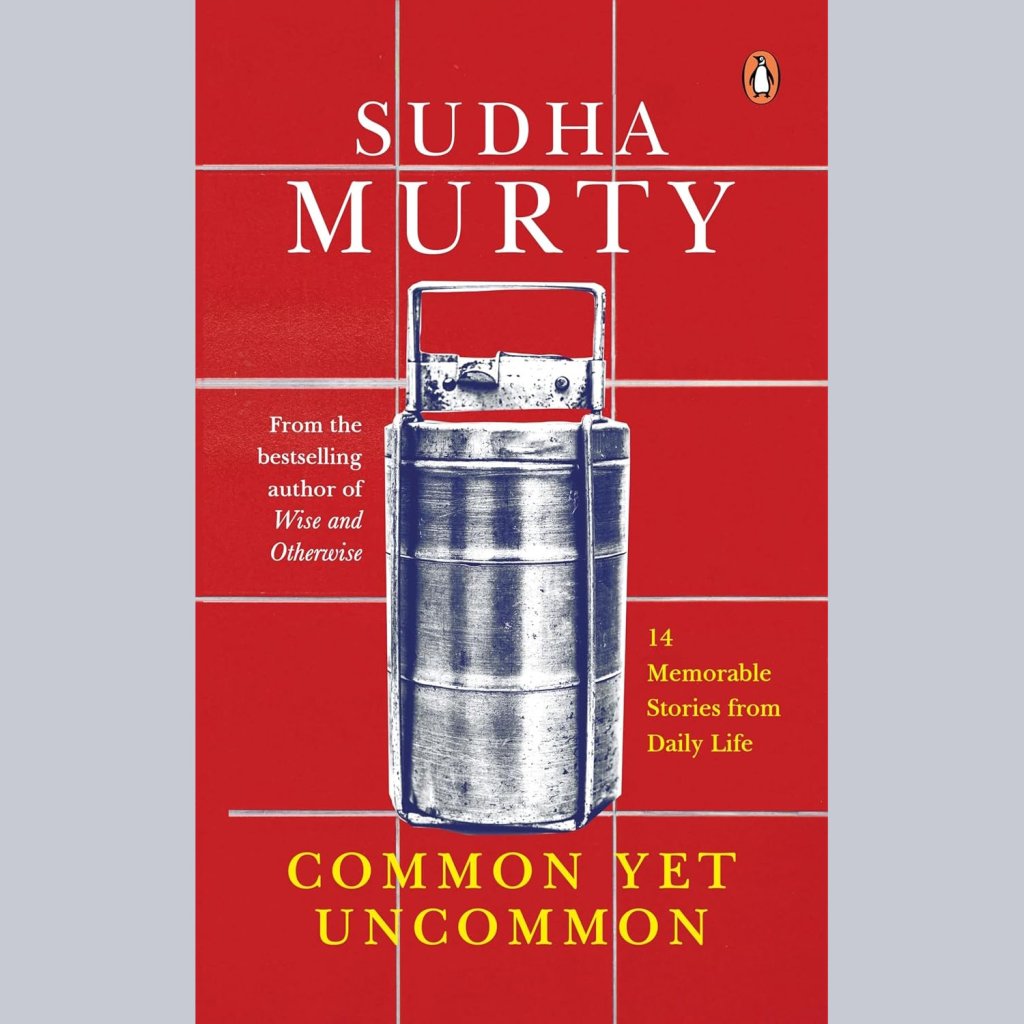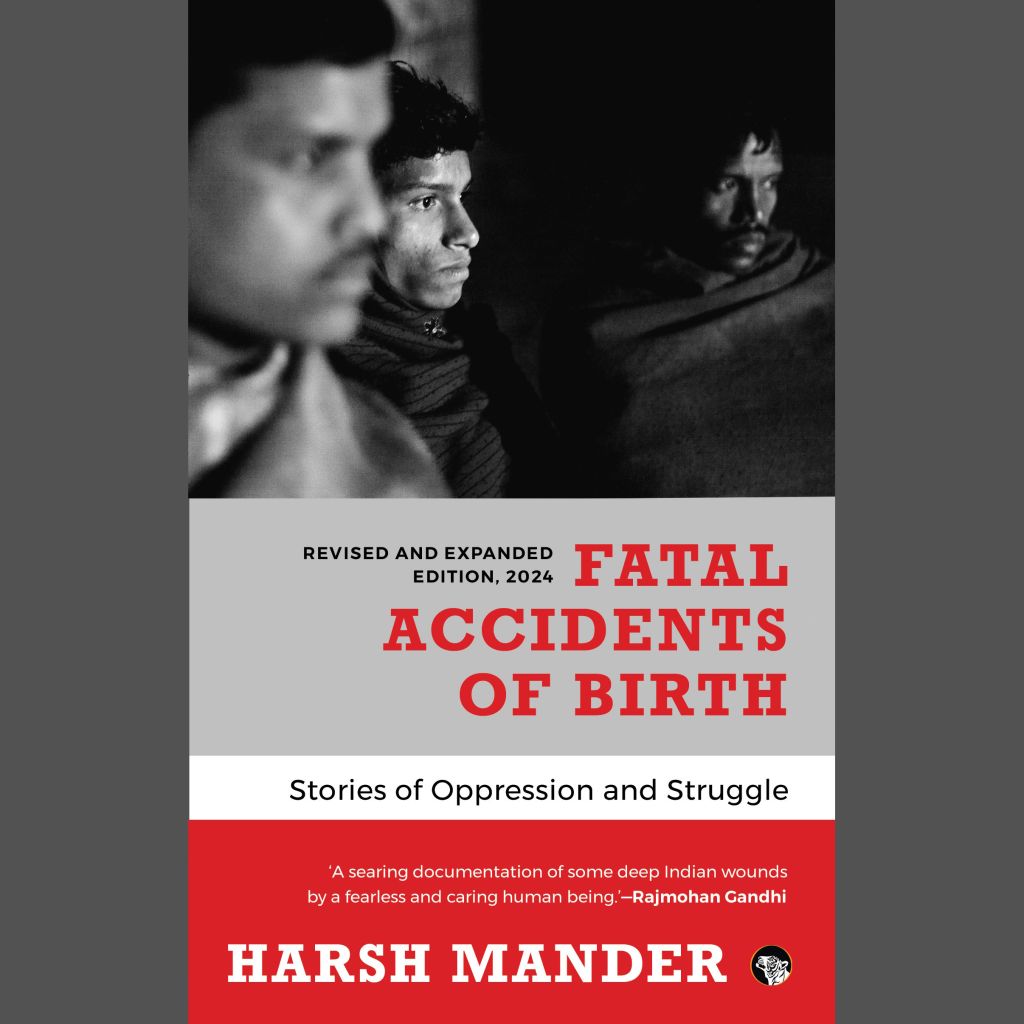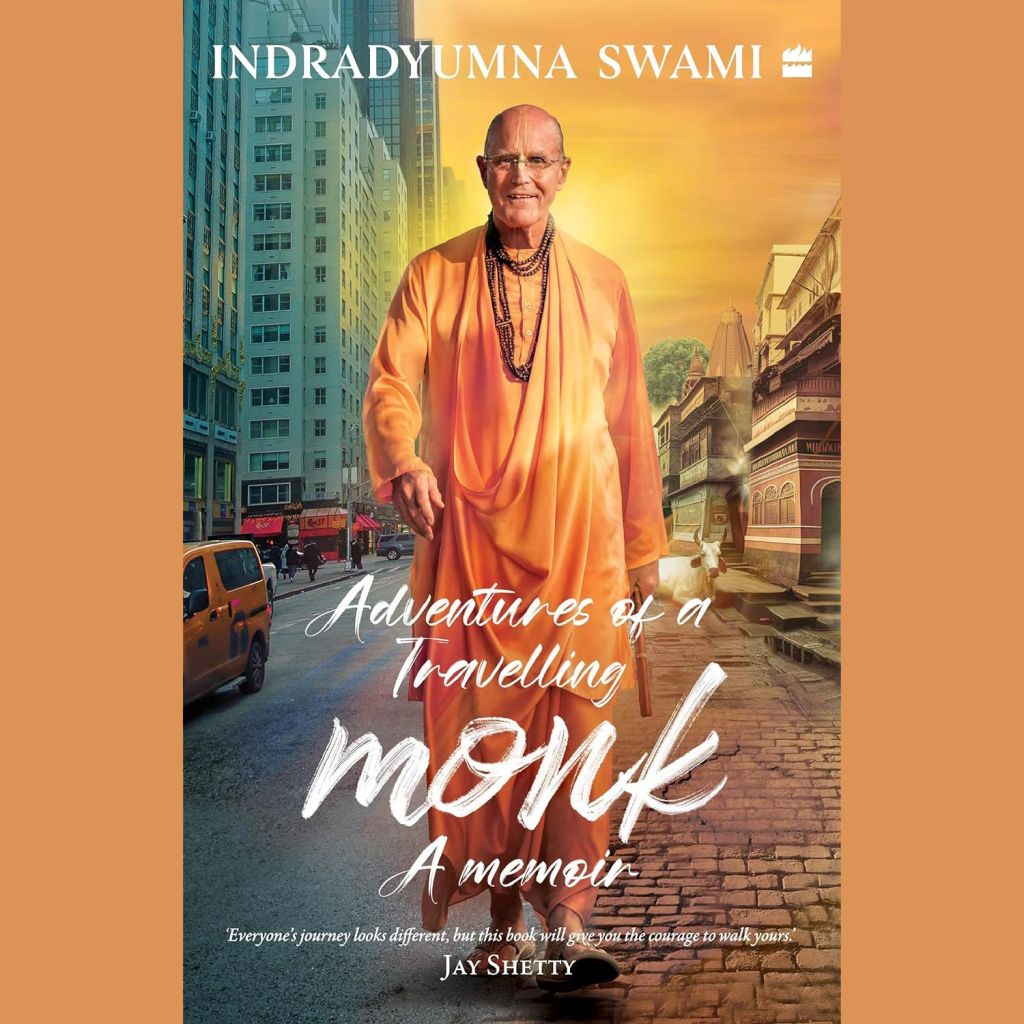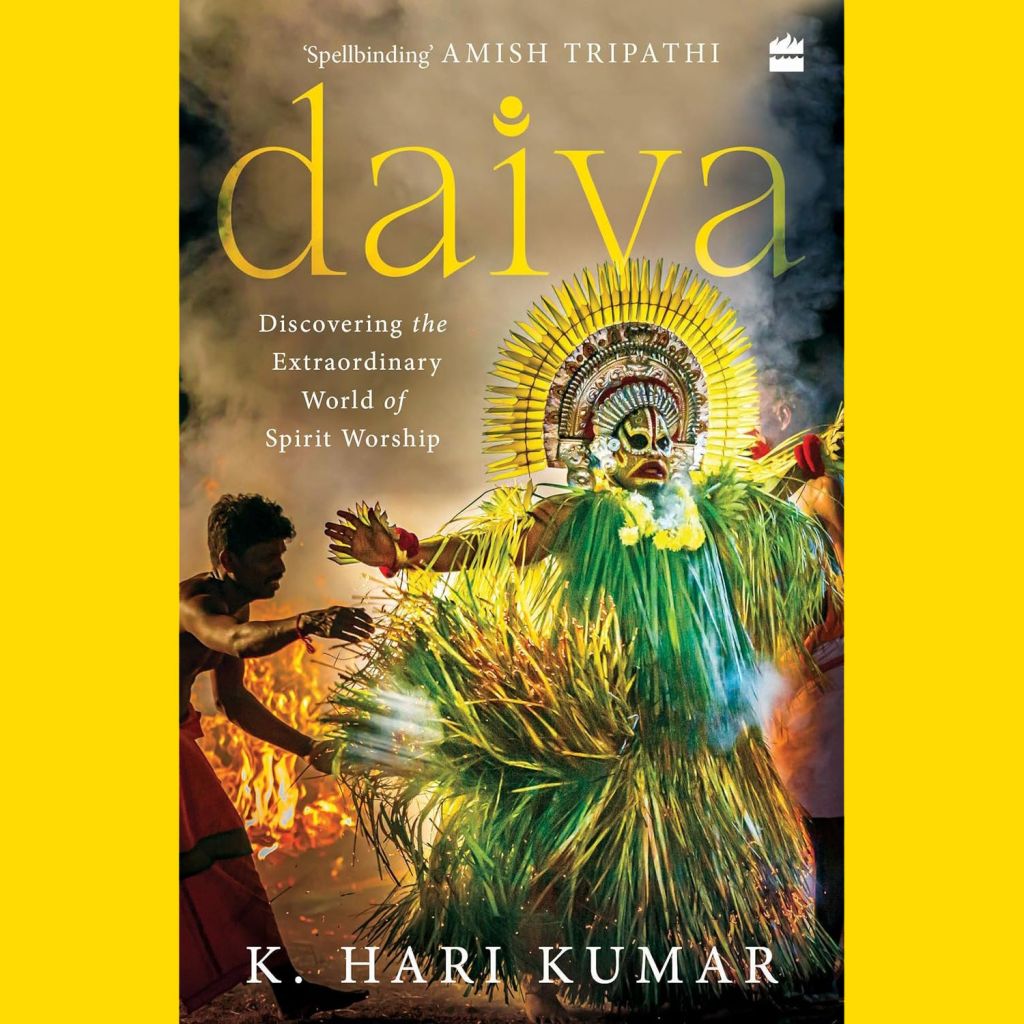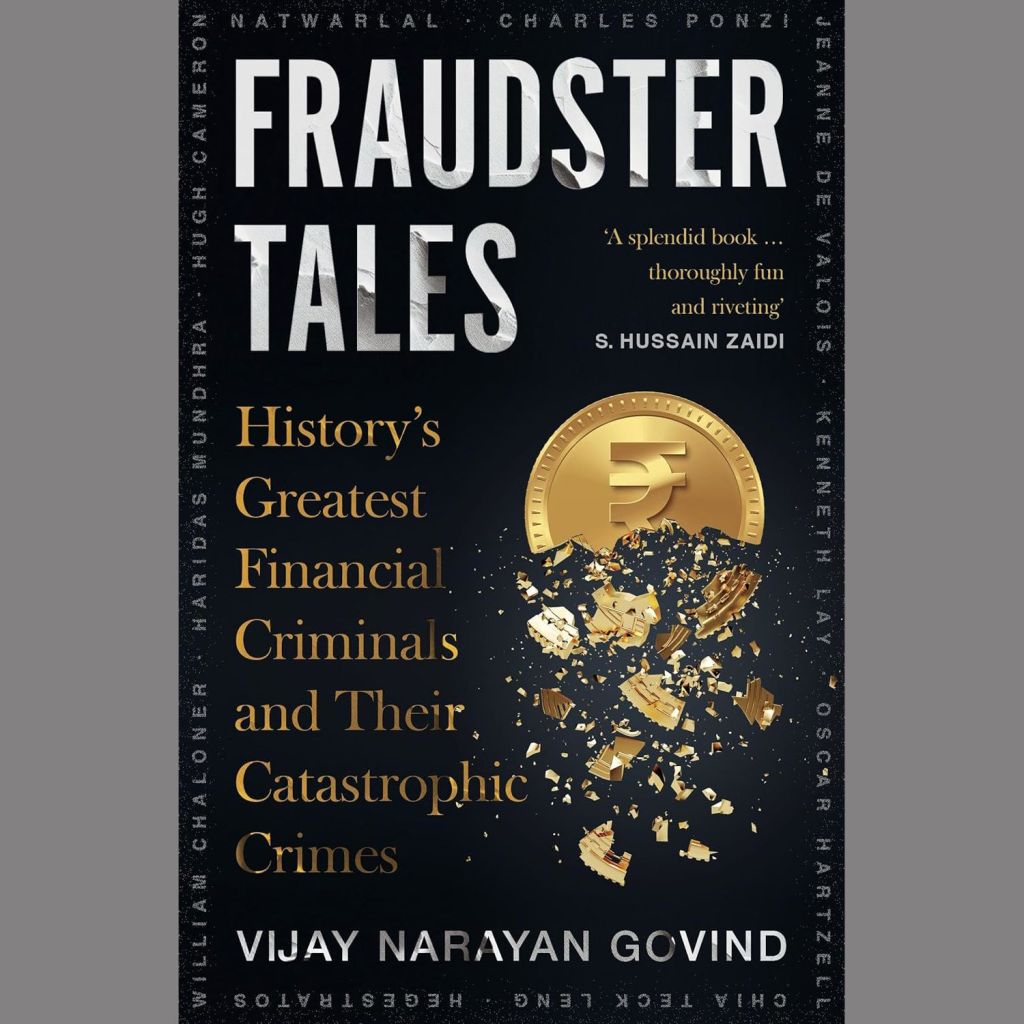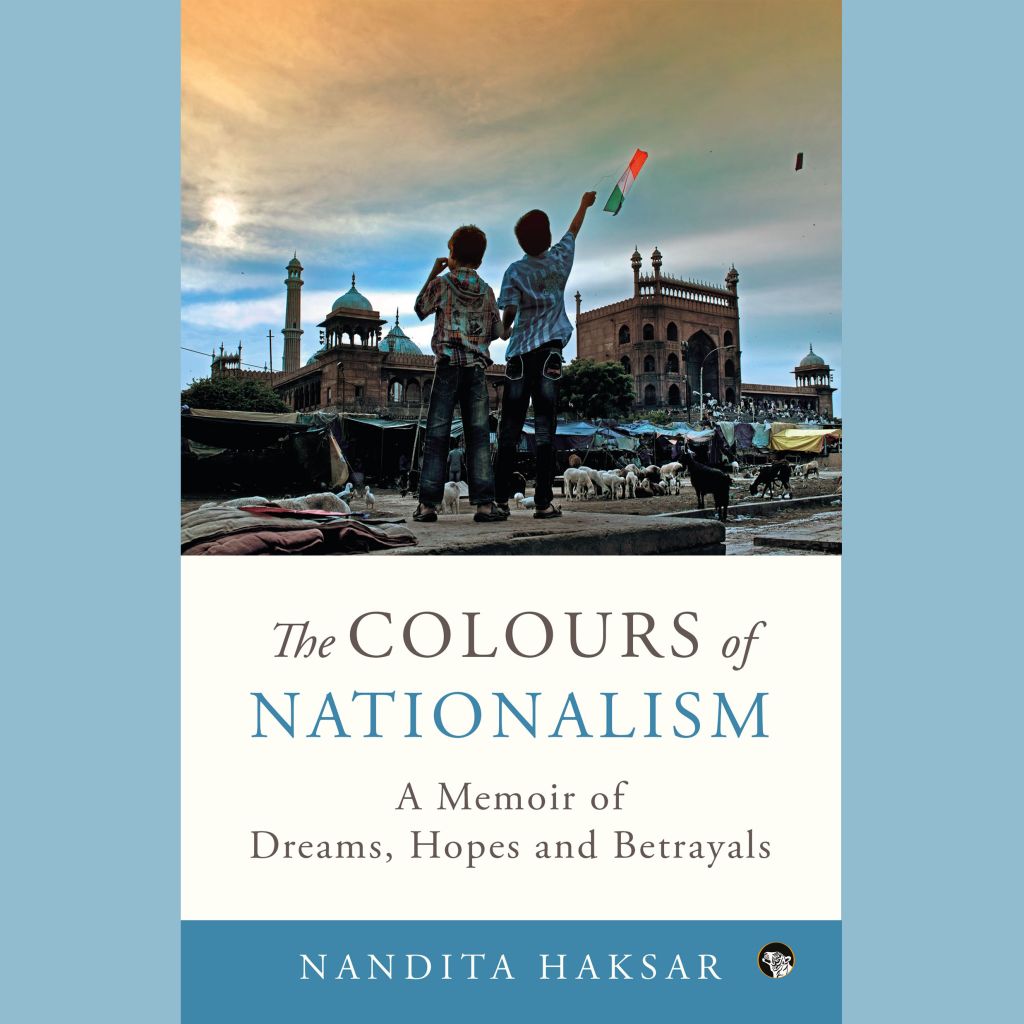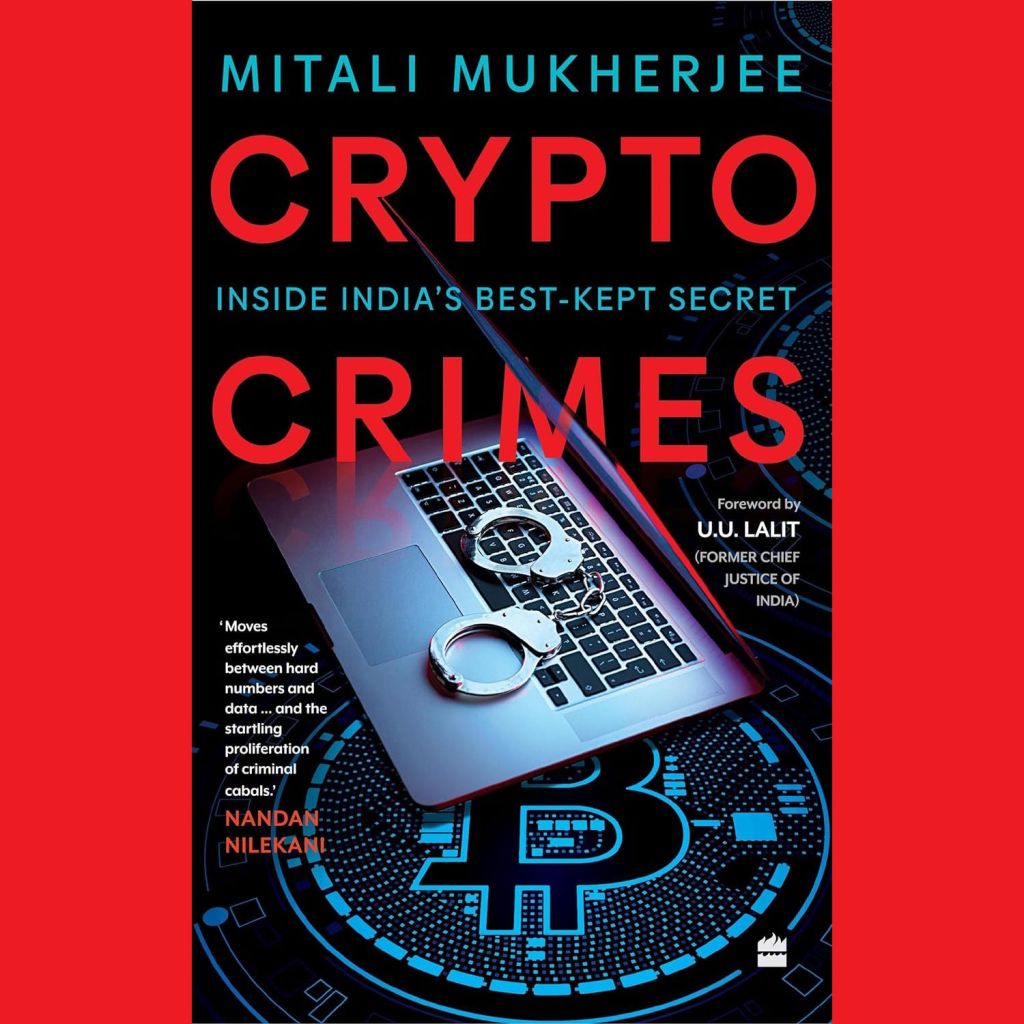We rarely feature fiction here on BooksFirst but had to make an exception for Sudha Murty’s Common Yet Uncommon: 14 Memorable Stories from Daily Life. Padma Shri and Padma Bhushan awardee, Murty needs no introduction. In addition to her work as chairperson of the Infosys Foundation, she is a prolific author and has written books for adults and for children, in Kannada, English and Marathi. In Common Yet Uncommon, she writes stories woven around characters based on people from her own childhood, people she grew up around, in her small hometown in Karnataka. ‘I grew up in a middle-class family in North Karnataka and am well-versed with the customs of its community, though I have immensely changed with time. In the stories of this book, I portray a bunch of uncommon personalities from this land who were a part of my growing-up years,’ she says.
Murty makes it clear that the people on whom the book’s characters are based weren’t rich or famous or very highly qualified, and weren’t very polished in either speech or appearance, but that she still learned something from each of them, and found that their love and affection was unparalleled. And indeed, it’s not rocket scientists or investment bankers or management consultants who populate the pages of this book. ‘Most people of my parents’ age were school or college teachers, postmasters, bank clerks or officers, or LIC agents, says Murty, referring to smalltown Karnataka of the 1950s/1960s. Hence, in the book you’ll meet simple characters from a simpler time; small farmers, shopkeepers, local aunties and uncles, grandparents and cousins and distant relatives, living not-particularly-remarkable lives, each with their own little dreams and their own set of challenges, none of which might seem noteworthy to big city dwellers in the context of their own complex, hyper-modern lives. And yet, the stories and their characters have a unique charm, warmth and a sense of being real. It’s people you can relate to, people we might all have known in our own lives at some point or the other.
Murty writes in simple, colloquial English that’s devoid of any fancy literary flourishes. There’s no flowery faff here; the stories are remarkable because they come from the heart, and because the characters – with all their human quirks and foibles – are endearing in their own unique ways. There is, for example, ‘Bundle Bindu,’ a handsome young man given to exaggeration in speech, never saying ‘no’ to anyone but never actually doing anything useful either, whom the author remembers as the town’s honorary history teacher, since he made otherwise dull history lessons come alive with his eloquent oratory skills. Or ‘Jayant the Shopkeeper,’ who has no knack for business but insists on running a shop anyway, gets taken for a ride by all and sundry, doesn’t learn from his mistakes and ends up losing everything he had. And ‘Ganga the Unadaptable,’ exceptionally beautiful, haughty and not willing to marry anyone who isn’t perfect in every which way (she remains unmarried and ends up alone and embittered). There is also ‘Hema the Woman Friday’ who’s ever-willing to chip in whenever and wherever her help is required, without expecting anything in return. And Banabhatta and Parvati, a married couple who were never able to get along in life, but were ultimately united in death; it’s a story that, rather unexpectedly, might leave you with a lump in your throat.
There are other characters in the book, each no less interesting than the other. There’s even ‘Lunch Box Nalini,’ the character the author herself assumes in this book, who keeps popping in and out of every story, sometimes as a child and at other times as an adult. Why ‘lunch box,’ you might ask? That’s because she’s quite fond of eating and when invited to somebody’s house for a meal, she not only eats there but also carries her lunch box, so she can fill it up with food and take it back home with her. ‘Whenever I go to any function, all my relatives, without greeting me, say ‘Nalini, fill up your lunch box first. Then you will be at peace and we can talk at leisure,’ she says. It’s difficult to imagine Murty, who has degrees in electronics engineering and computer science in real life, as ‘lunch box Nalini,’ but there you are – that’s the magic of her simple, succinct writing that she’s able to breathe life into every story and infuse those with realism. With the stories she writes in Common Yet Uncommon, Murty walks us into smalltown Karnataka of 50 years ago – you stand beside her as she relives the memories of her childhood through the lives of the characters she has created for the book. ‘Each character in these stories is a pearl. I am just the thread that weaves into this necklace, which I owe to my people and my land,’ says Murty. Reading the book, one realises we have all met these characters in our own lives – the helpful aunt, the ne’er-do-well uncle, the naïve, gullible ‘businessman’ who’s always being taken for a ride, the neighbour who’s consumed with jealousy, the ever-helpful cousin, and others, who may be arrogant, haughty, overbearing, generous, miserly… all of whom have useful life lessons to offer if we’re willing to listen and observe.
To sum up, we’d say Common Yet Uncommon is a thoroughly enjoyable book that you can read in one or two sittings, preferably over a lazy Sunday afternoon and even better with a cup of hot chai in your hand.
Common Yet Uncommon: 14 Memorable Stories from Daily Life
Author: Sudha Murty
Publisher: Penguin India
Format: Hardcover / Kindle
Number of pages: 200 / 158
Price: Rs 292 / Rs 277
Available on Amazon
Book Review: Common Yet Uncommon
